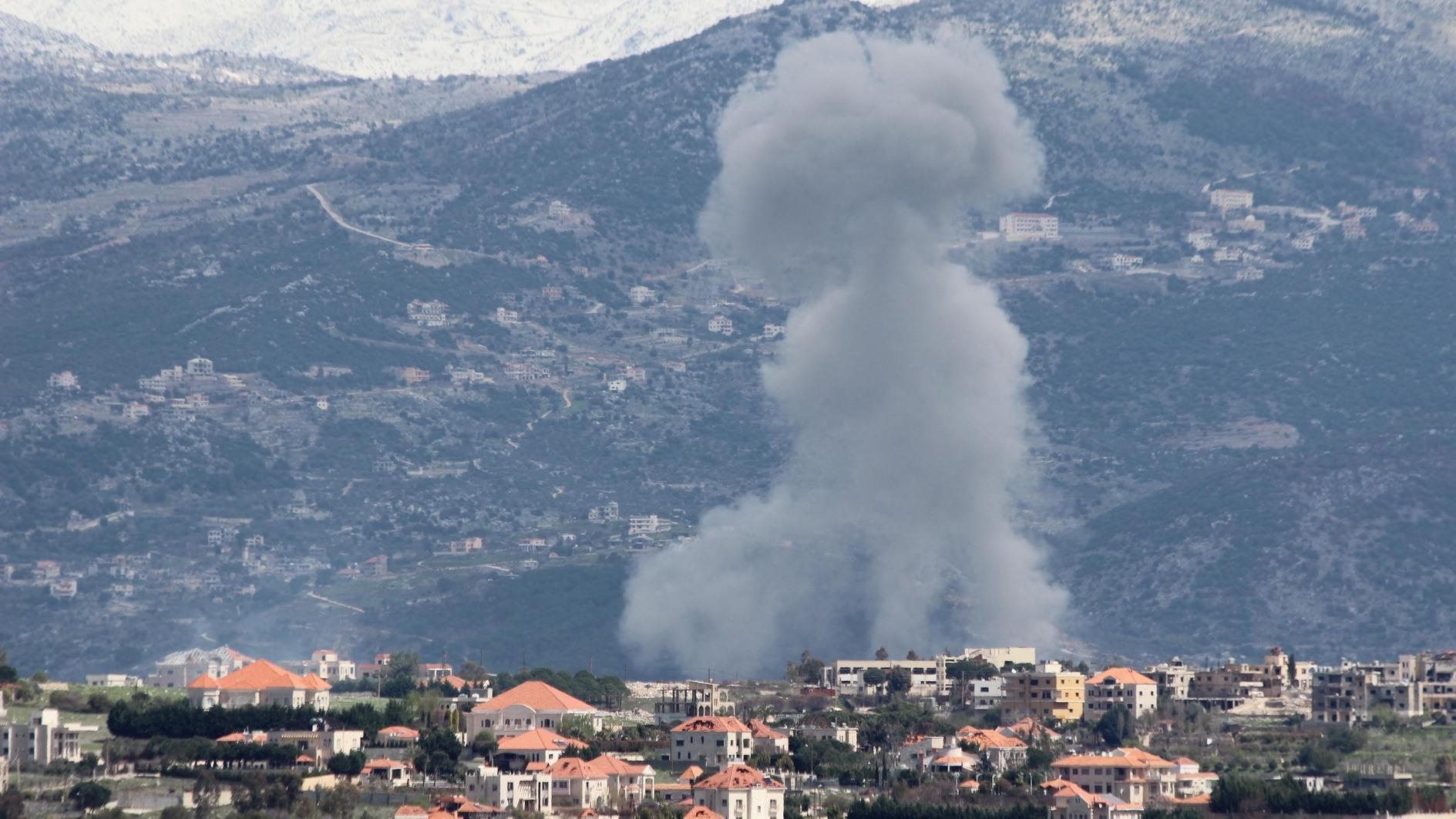Rising sea levels threaten Aegean historical sites: Study
KÜTAHYA

A recent study has revealed that 55 percent of historical sites along the coasts of Türkiye and Greece are at a “very high” or “high” risk of submersion due to rising sea levels driven by climate change.
The research, conducted by Enes Zengin from Dumlupınar University’s Urban and Regional Planning Department, analyzed data from the 2022 Sea Level Rise Technical Report by the U.S. National Ocean Service.
Considering scenarios that range from a 1-meter to a 5-meter rise in sea levels, it concluded that nearly 150 archaeological sites and historical structures in the region face significant threats by 2300.
Among the most vulnerable sites are the ancient cities of Knidos and Kaunos in Türkiye’s southern province of Muğla and the ancient port city of Elaia in the western province of İzmir’s Bergama district. These sites could be partially or completely submerged by the end of the century, even under the most optimistic scenarios.
The study assessed the risk levels of 464 historical sites along the Eastern Mediterranean coast, finding that 34 are at “very high” risk, 21 at “high” risk and 25 at “medium” risk.
A projected sea level rise of three meters could also threaten other significant sites, including Ephesus Harbor, Miletus and Güvercinada Castle in Aydın, as well as the ancient cities of Olympos and Patara in Antalya.
In Greece, the ancient cities of Sissi, Pavlopetri, and Lokris are also at “very high” risk.
Despite the alarming projections, 317 sites were found to be safe from submersion, even in the worst-case scenario of a five-meter sea level rise. The study highlighted that sea level rise, primarily caused by the melting of ice sheets and thermal expansion of seawater, does not occur uniformly across the globe, with local variations posing different levels of risk to coastal regions.
“While there are ongoing efforts to curb carbon emissions globally, the uncertainties around the extent of future warming and complex physical processes it will trigger, especially those related to geosciences, make it challenging to predict the exact impact on sea levels,” Zengin said.
“However, it is clear that many historical sites are at risk, and planning for their preservation must take these projections into account.”
These cultural treasures not only serve as vital links to humanity’s past but also attract millions of tourists annually, contributing significantly to local economies.
















